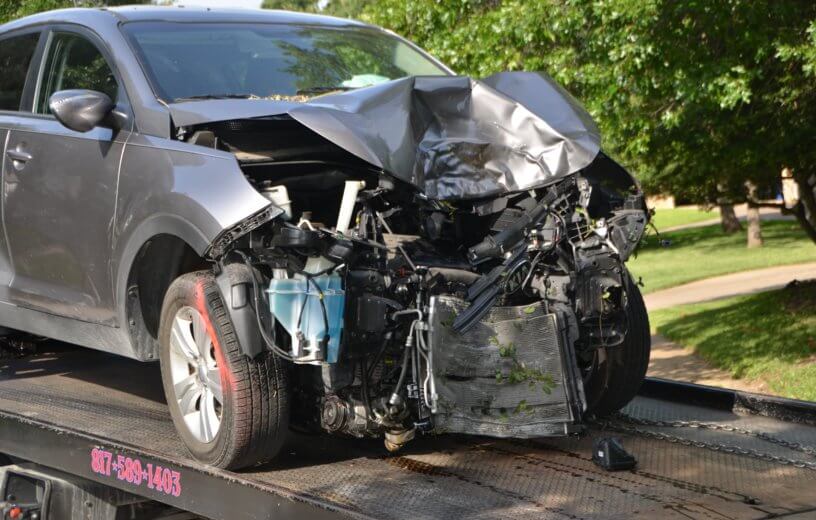COLLEGE STATION, Texas — When we read or hear about a car accident in the news, it’s quite natural to assume the role of judge and jury in evaluating what exactly took place. Even though one might think they are judging the accident fairly, a recent study out of Texas A&M University shows that the way the accident is reported by the media can seriously influence their assessment of the accident.
The study finds that changing the wording of news articles about car accidents involving pedestrians or bicyclists can cause people to change their verdict of who is at fault in the accident.
“Adopting simple improvements in crash reporting offers a potentially powerful tool to shift public awareness of traffic crashes from unfortunate, isolated events to a preventable public health issue,” says Tara Goddard, an urban planning professor at Texas A&M who led the study, in a university release.
News articles tend to blame the pedestrian by default, even if the crash has not been fully investigated.
When the article focuses on the pedestrian/victim of the accident, people are more likely to think that the pedestrian is at fault. Conversely, changing the wording so it focuses on the car’s driver causes people to blame the driver.
The researchers had 999 subjects read news articles about accidents that either used pedestrian-focused language or driver-focused language. A pedestrian-focused article would say, “A pedestrian was hit and killed by a car,” whereas a driver-focused article might read, “A car hit and killed a pedestrian.”
After the subjects read the news articles they were asked to assign blame, identify punishments for the drivers, and suggest ways to improve safety on the road.
“We found that shifting from pedestrian- to driver-focused language reduced victim-blaming and increased perceived blame for the driver,” Goddard says. It also caused readers to advocate for improvements in infrastructure.
This is the first study to test the influence of the wording of news articles about car crashes on the readers’ judgments of the crash.
“Given the potential to save lives and prevent injury on a large scale, implementing more intentional writing patterns may be nothing less than an ethical imperative,” concludes Goddard.
The study is published in Transportation Research Interdisciplinary Perspectives.
